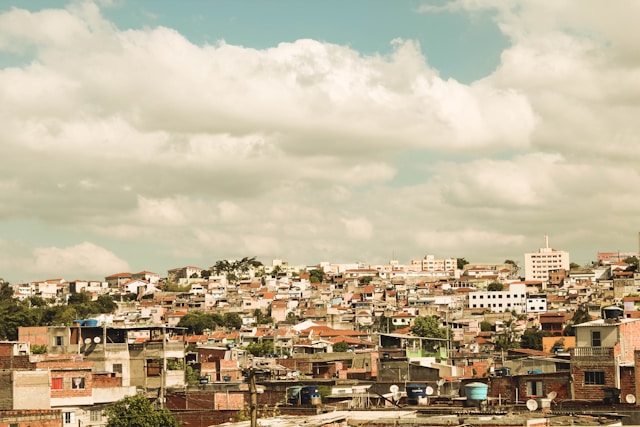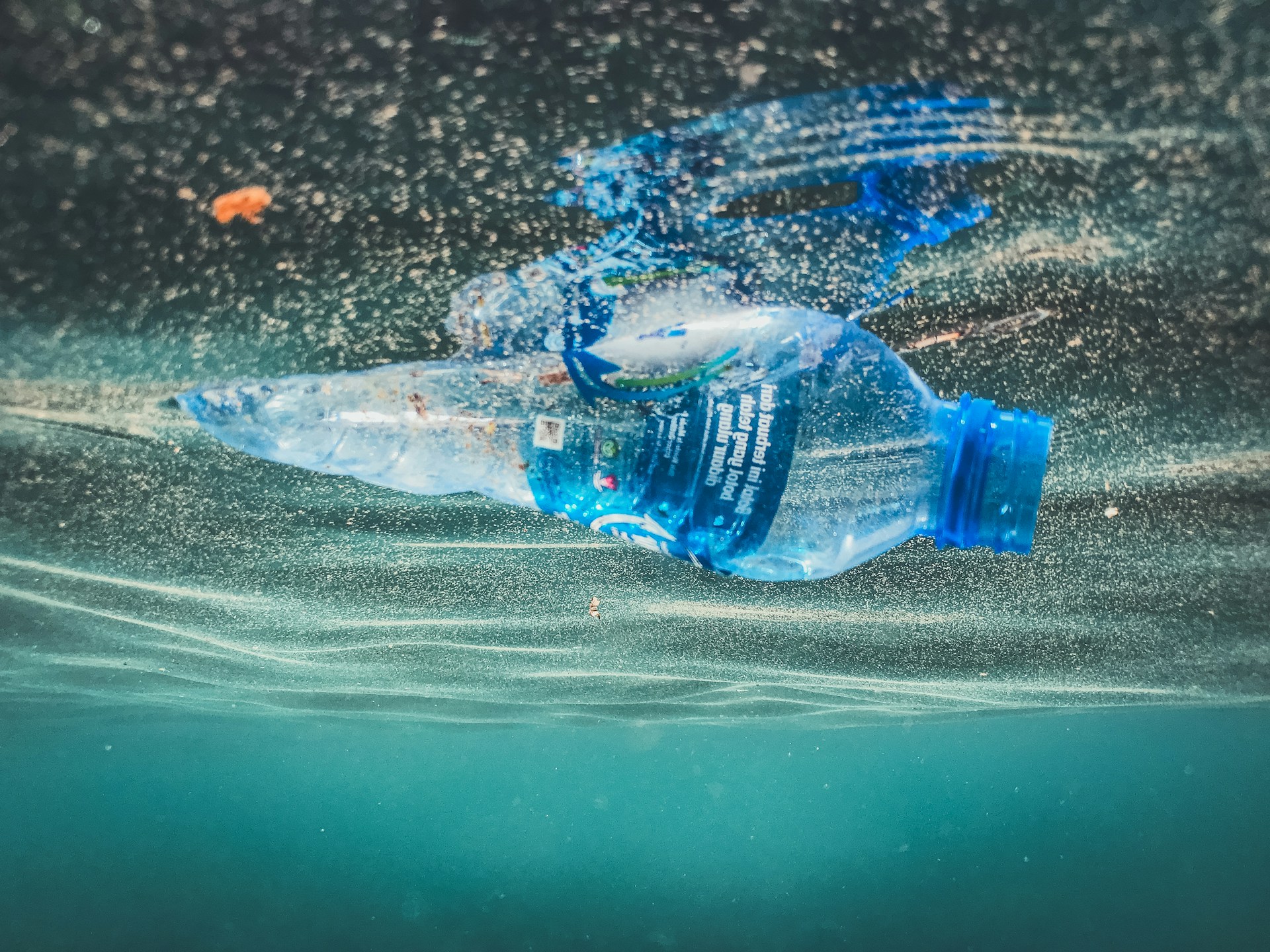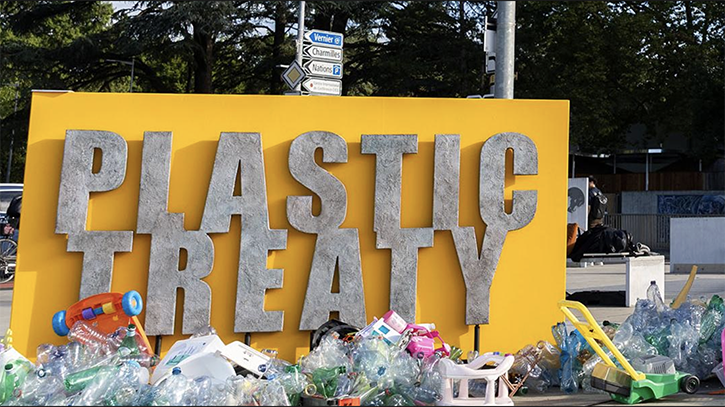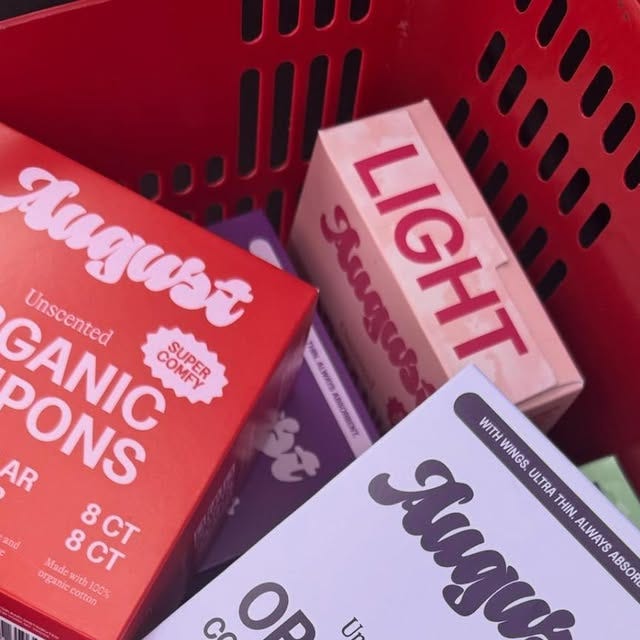Every year on October 6, the world marks World Habitat Day. It’s a moment to reflect on the state of our towns, cities, and communities. It’s a reminder that a safe home is not just a roof over our heads, but the right to live in a clean, healthy environment.
But as the day passes, the real work continues. For millions of people living near rivers, coastlines, and flood-prone neighborhoods, plastic waste isn’t an abstract issue but a part of their daily landscape. When drains overflow with discarded sachets or bottles, it’s not just the environment that suffers. Homes are flooded, livelihoods are disrupted, and communities are put at risk.
At Plastic Collective, we believe real solutions to plastic pollution begin long before waste reaches the ocean. It starts in the places where people live, in the informal settlements, coastal villages, and communities often left out of formal waste systems.
Plastic waste is a human habitat issue
Plastic pollution is often framed as an ocean story, but its first victims are people. In many urban and coastal areas, unmanaged waste blocks drainage channels, creating stagnant pools that breed disease and worsen floods. For families already living on the margins, this turns a preventable environmental issue into a daily survival challenge.
That’s why plastic recovery is actually community protection. As one of the leading plastic waste organizations, Plastic Collective partners with community enterprises to stop waste before it reaches waterways. Recovery programs not only reduce single use plastic pollution but also provide livelihoods, ensuring waste has value and people have income.
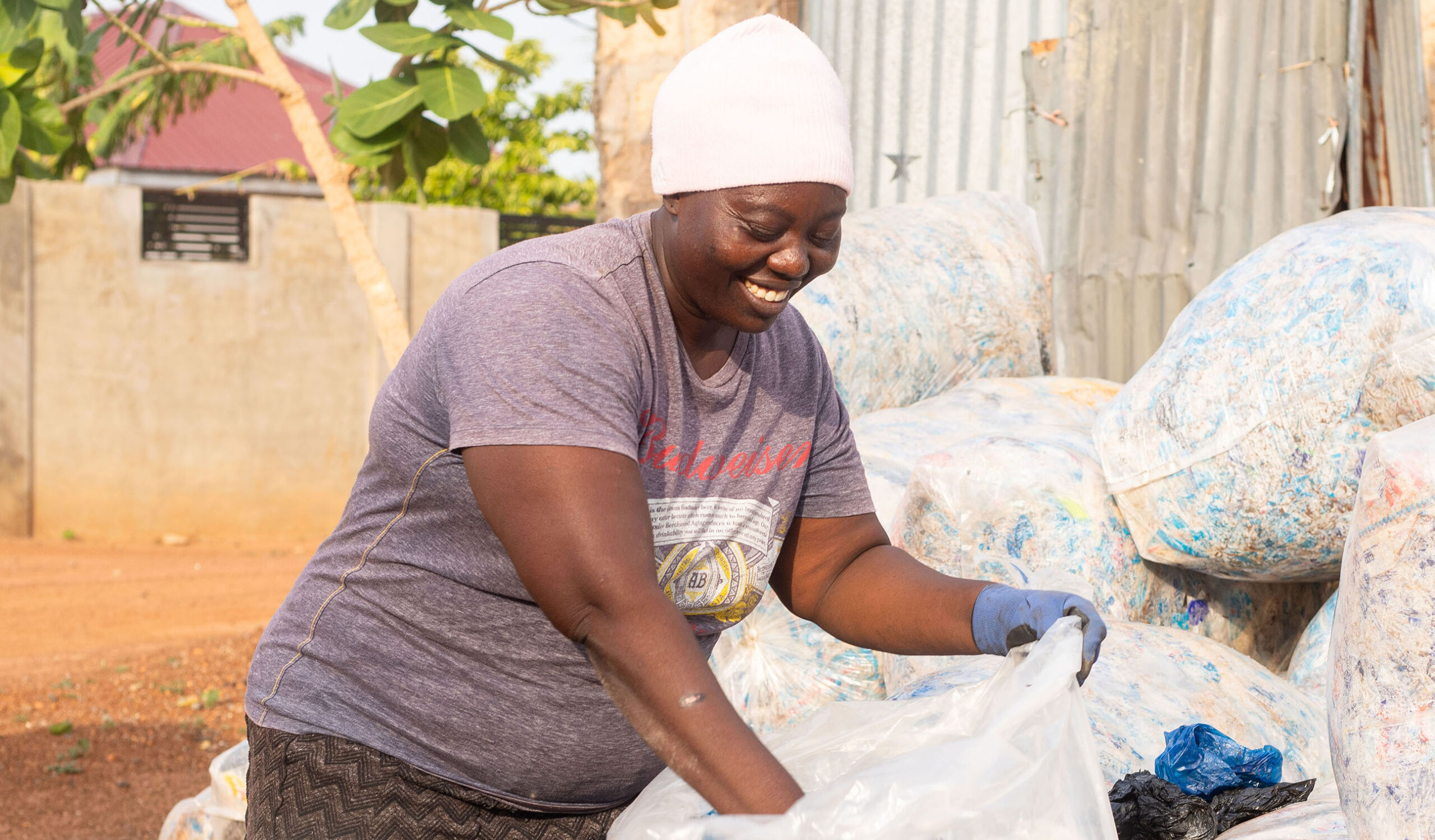
In Ghana, women are leading the cleanup
In Accra, Ghana, where water sachets are a daily staple, single-use plastic has long overwhelmed waste systems. The ASASE Foundation, one of our certified partners under the Social+ and Ocean Bound Plastic standards, is rewriting that story.
Through ASASE’s recovery centers, women are earning fair wages to collect, sort, and process sachet waste that once flooded their neighborhoods. The result are cleaner environment, safer homes and restored dignity.
Each kilo of plastic recovered represents more than material value. It means a mother’s home is less likely to flood. It means her children can walk to school without wading through waste. It means women are being recognized not just as recyclers, but as protectors of their communities.
In Indonesia, recovery builds resilience
Across the ocean in Indonesia, SEArcular by Greencore operates in coastal villages where unmanaged plastic threatens both livelihoods and marine life. With collection hubs certified under Social+, SEArcular’s team provides stable income and safety equipment to waste workers who used to rely on unpredictable, informal collection jobs.
These local teams prevent it from clogging rivers and entering fragile ecosystems by stopping plastic at the source. They’re strengthening the very habitats that people and wildlife depend on.
From observance to ongoing action
World Habitat Day calls for reflection once a year. But for the people who live on the frontlines of plastic pollution, every day is a chance to build safer, cleaner environments.
The lesson is simple: protecting habitats means protecting people. When we invest in plastic recovery, we’re reducing pollution, creating livelihoods, and supporting the right to live in dignity.
So while the world may have already celebrated World Habitat Day, the question that remains is: how will we keep that momentum going?
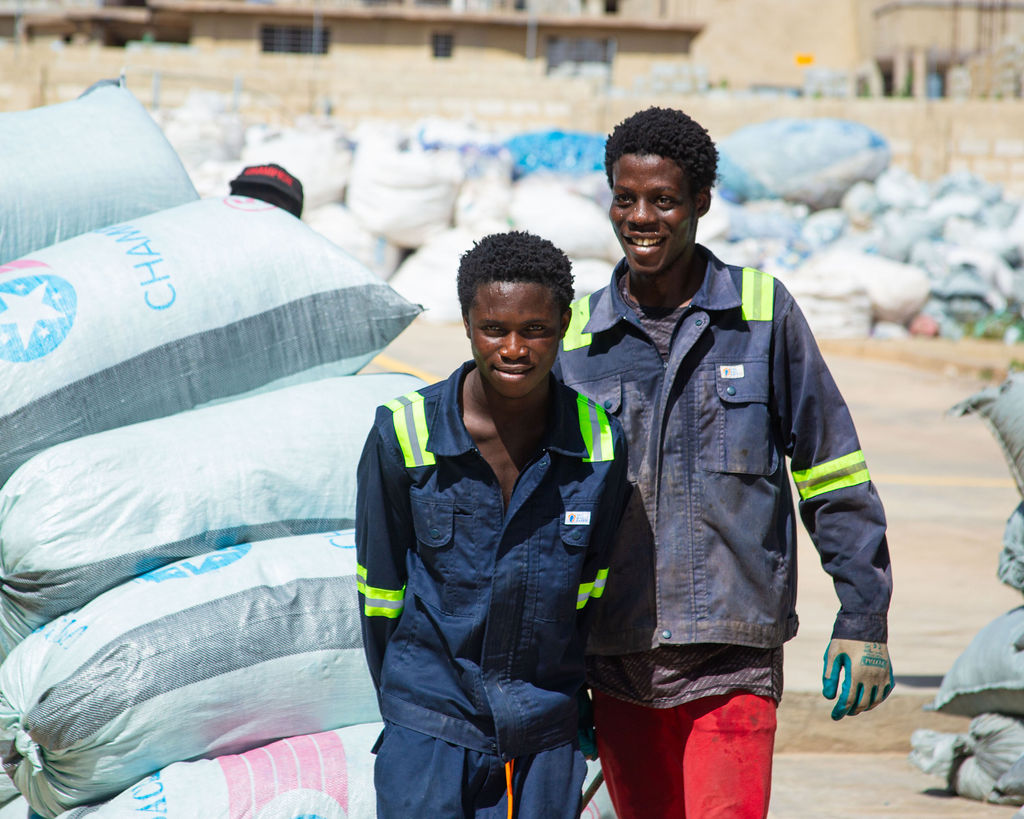
Be part of the solution
Every brand and individual can help build safer, cleaner communities. Partnering with verified plastic waste organizations like Plastic Collective turns plastic use into measurable, certified recovery that benefits both people and the planet.
Generate your Plastic Impact Plan today and see how your business can reduce plastic, support sustainable plastic packaging, and protect the homes we all share.
